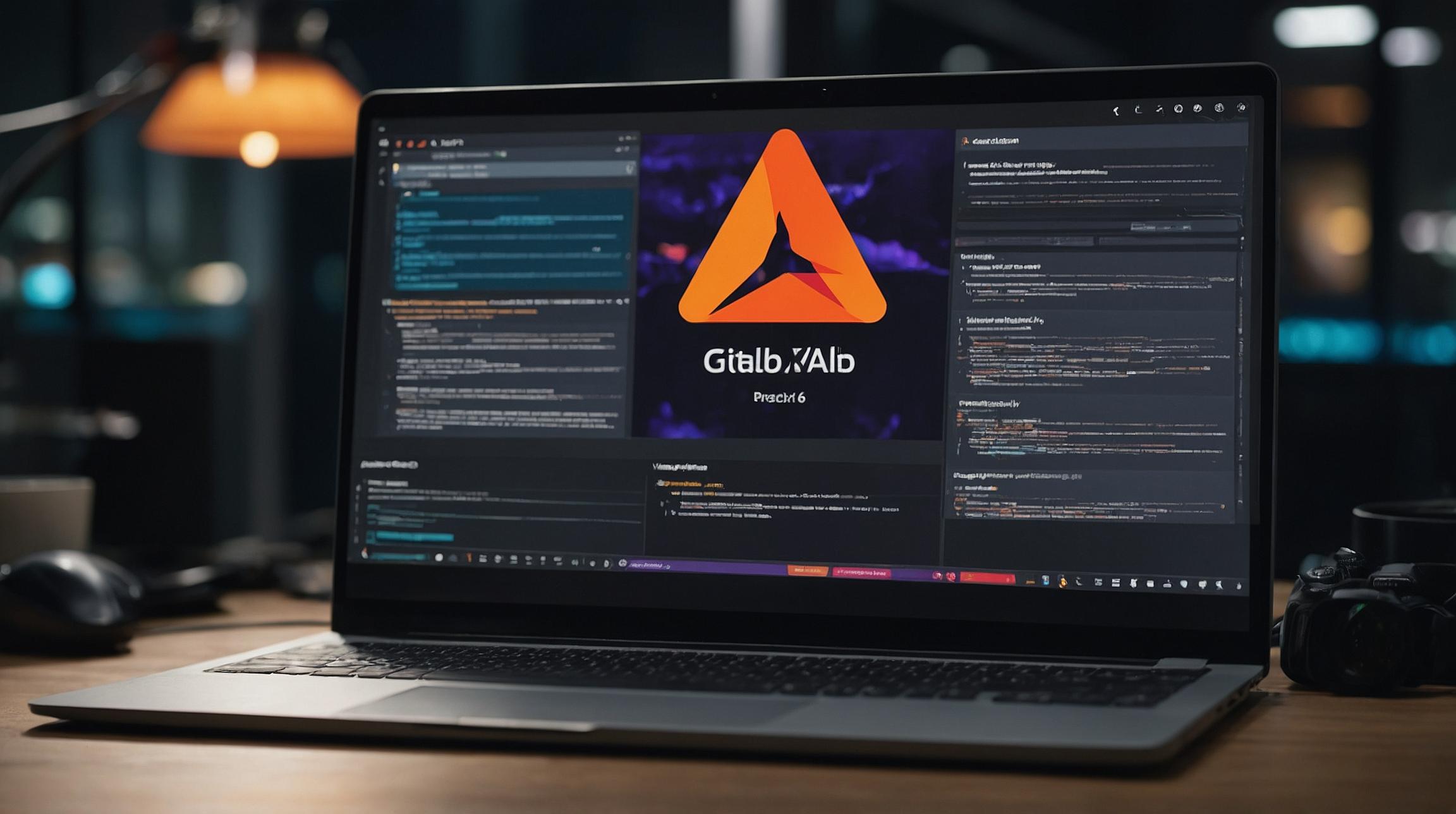Financial Tips for Freelancers: Budgeting and Saving on Irregular Income
Being a freelancer offers a great deal of flexibility and freedom, but it also comes with its own set of financial challenges. One of the biggest hurdles for freelancers is managing irregular income. Unlike traditional employees who receive a steady paycheck, freelancers often experience fluctuations in their earnings. This makes budgeting and saving even more important for those in the freelance world. In this article, we will explore some essential financial tips for freelancers to help them master their finances, save effectively, and create a solid financial foundation.
Mastering Your Finances: Essential Budgeting Tips for Freelancers
Budgeting is crucial for freelancers to have a clear understanding of their income and expenses. Start by tracking your earnings and expenses for a few months to get an accurate picture of your cash flow. This will help you identify patterns and make more informed financial decisions. Additionally, it’s essential to separate your personal and business expenses. Set up a separate bank account and credit card for your freelance income and expenses to maintain a clear financial record. This will make it easier to track your business-related deductions and avoid mixing personal and professional finances.
Riding the Waves of Irregular Income: Strategies for Saving as a Freelancer
Saving money can be challenging when you have an irregular income. However, there are strategies that can help freelancers save effectively. Start by setting a savings goal and make it a priority. Determine how much you need to save each month to achieve your financial goals and stick to it. Consider setting up an automatic transfer from your freelance income to a savings account. This will ensure that you save a portion of your earnings before you have a chance to spend them. It’s also important to have an emergency fund to cover unexpected expenses or dry spells. Aim to save at least three to six months’ worth of living expenses.
Creating a Solid Financial Foundation: Budgeting Solutions for Freelancers
As a freelancer, it’s crucial to have a solid financial foundation. This includes having a comprehensive budget that takes into account your fixed expenses, variable expenses, and savings goals. Prioritize your expenses and allocate your income accordingly. Cut back on non-essential expenses and find ways to reduce your overhead costs. Consider negotiating better rates with service providers or finding alternative solutions that offer the same value at a lower cost. Additionally, consider investing in retirement accounts or other long-term investment options to secure your financial future.
Weathering the Storms: How to Prepare for Unpredictable Freelance Income
Freelancers often face unpredictable income fluctuations, which can make it challenging to plan and save. To prepare for these uncertain times, it’s essential to have a backup plan. Start by building a cushion of savings to tide you over during lean months. This will provide a sense of security and peace of mind. Additionally, diversify your client base to reduce dependency on a single source of income. This will help mitigate the impact of losing a major client or project. Lastly, consider taking on side gigs or freelance projects to supplement your income during slow periods.
Embracing Financial Freedom: Proven Tips for Freelancers to Save and Succeed
To truly embrace financial freedom as a freelancer, it’s important to adopt healthy financial habits. Start by practicing mindful spending and avoiding unnecessary expenses. Differentiate between wants and needs and prioritize your financial goals. Set realistic expectations for your income and adjust your lifestyle accordingly. Additionally, continuously improve your skills and expand your professional network to increase your earning potential. Lastly, consider working with a financial advisor or accountant who specializes in working with freelancers. They can provide valuable guidance on tax planning, retirement savings, and other financial matters specific to your freelance business.
In conclusion, freelancers face unique financial challenges due to their irregular income. However, by mastering budgeting, implementing effective saving strategies, and creating a solid financial foundation, freelancers can weather the storms of unpredictable income and achieve financial success. Embracing healthy financial habits and seeking professional guidance will further enhance their financial freedom. By taking these financial tips to heart, freelancers can navigate the world of irregular income with confidence and achieve their financial goals.













